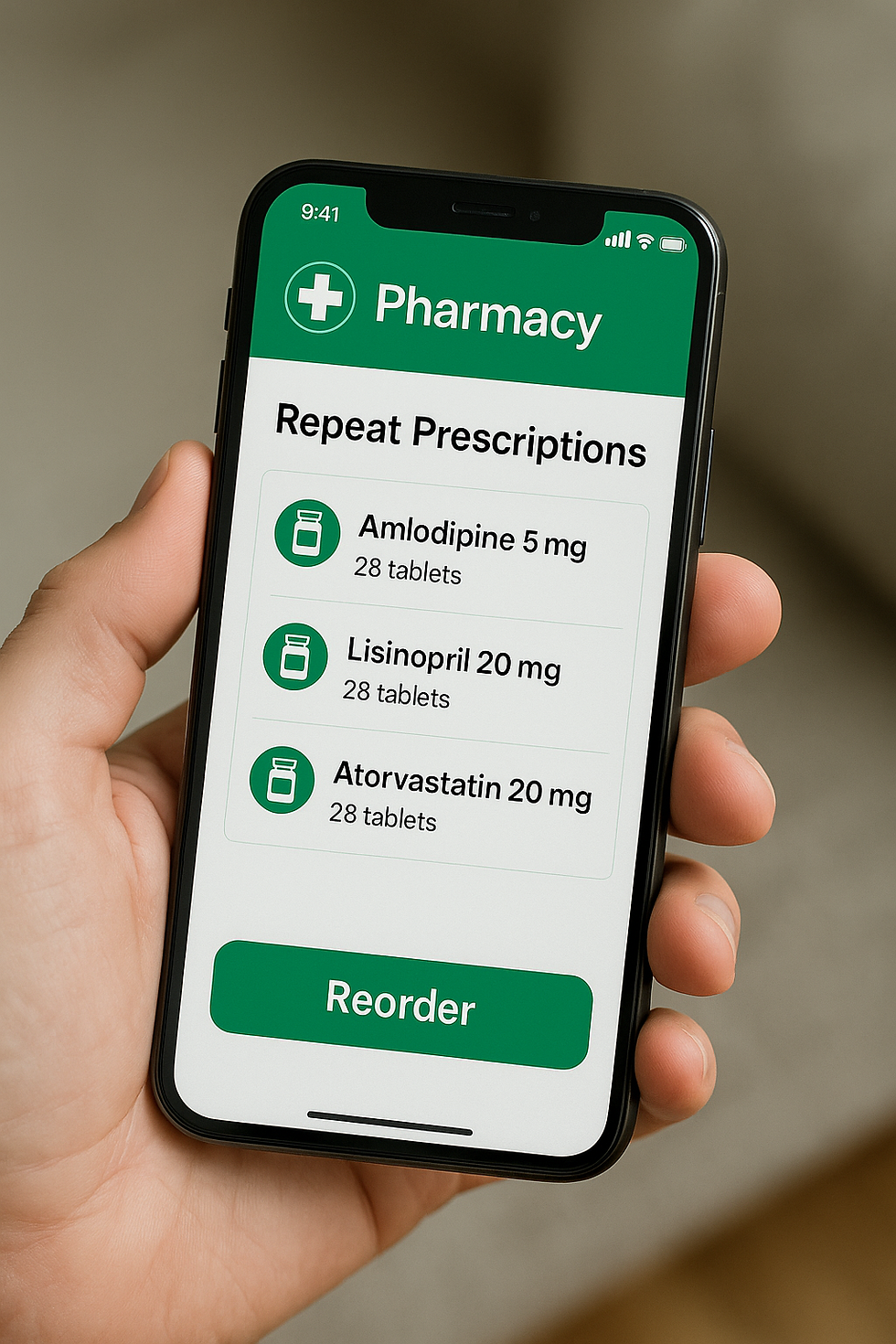Product Managers: The NHS's Missing Link in Digital Transformation?
- Kyle

- Apr 21, 2025
- 3 min read
Reflecting on my five years in the NHS, one thing became clear almost straight after I joined from the private sector:
Product Managers are massively underutilised.
To me, they are the missing link between frontline staff and digital teams, a role that could transform how we deliver, manage, and optimise digital clinical systems. It is a position I believe the NHS should seriously consider investing in more widely across the whole organisation, nationally.
Just to be clear, I am not suggesting spending money unnecessarily on another manager or adding another layer of management and bureaucracy . I am talking about a role that is absolutely essential in the private sector, delivering measurable value by ensuring the technology we build, buy, and implement actually works for the people using it.

The Opportunity We’re Missing
In the NHS, we rightly invest in new digital tools, whether to improve patient safety, streamline workflows, or support better clinical decision-making.
But here’s the issue:
We rarely invest in optimising the tools we already have.
That’s where Product Managers come in. It’s a role designed to bridge the gap between the users and the system, ensuring the technology evolves based on real-world needs, not just vendor roadmaps or national mandates.
The sooner they’re involved in a product’s lifecycle, the more value they can generate.
What Is a Product Manager?
A product manager is responsible for the strategy, development, optimisation, and continuous improvement of a digital product.
They work with frontline users, data, design, clinical safety, IT, and even procurement to make sure a product:
Solves real problems
Continues to meet user needs
Evolves as the context changes
They’re not project managers, nor technical developers, nor just 'digital leads'. Product managers are the glue that binds user insight, business priorities, and technical possibilities into a coherent, evolving product vision.
What I’ve Seen Work – Lessons from the Private Sector
Before joining the NHS, I worked with product managers at Well Digital and Co-op Digital. We were developing and scaling national digital services, and the value product managers added was huge.
I saw them:
Use tools like Google Analytics, App Store rankings, and TrustPilot to gather real-time feedback
Work with marketing teams on CRM strategies and user engagement
Champion improvements based on data and user behaviour
Constantly iterate and improve the product based on what actually mattered to users
In those roles, product managers helped ensure the product wasn’t just built, it was used, loved, and delivered value.
The 'Shock' of Moving into the NHS
When I joined the NHS five years ago, I was struck by how little product management existed.
Digital teams were doing amazing work, configuring digital clinical systems, managing deployments, testing systems, but they were stretched thin.
There was no dedicated role to:
Own a product vision
Continuously gather and respond to user feedback
Optimise workflows
Maximise the long-term value of existing systems
This gap means we often miss opportunities to:
Reduce duplication
Phase out redundant systems
Improve usability
Increase adoption
Avoid unnecessary spend on peripheral tools
The NHS Needs Product Managers
The NHS has a complex digital landscape, EPRs, EPMA systems, PAS, integration layers, reporting tools, patient portals, remote monitoring platforms, etc.
We need product managers to:
Own key products (e.g., EPMA, digital prescribing, patient portals, referral systems)
Collaborate across ICSs to align efforts and reduce duplication
Improve system usability thereby reducing training burden
Optimise clinical pathways supported by digital
Lead user engagement and gather structured feedback
Collate evidence and insight from the frontline then feed into national programmes
Investing in a product manager post may seem like an additional cost. But in practice, it could reduce licence spend, increase ROI on existing systems, and decrease staff frustration (which is no small thing in today’s climate).
Final Thoughts
The NHS doesn’t always need more tools. It needs to get more from the tools it already has.
By recognising and embedding the role of product managers into our digital transformation strategy, we can make better, more sustainable decisions, for staff, for patients, and for the system.
If we want clinical systems that work, we need to stop treating them as projects and start treating them as products.
And that means managing them.




Comments